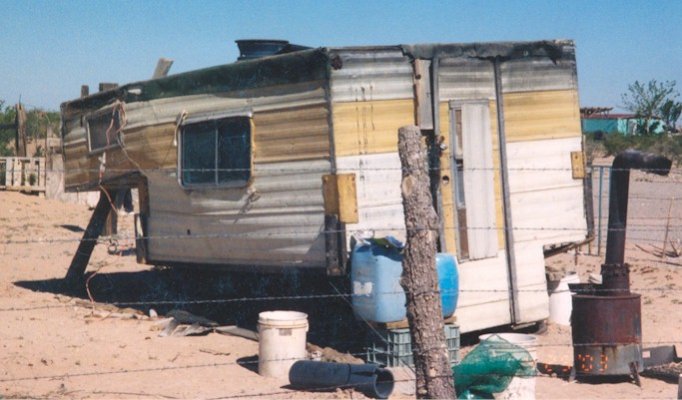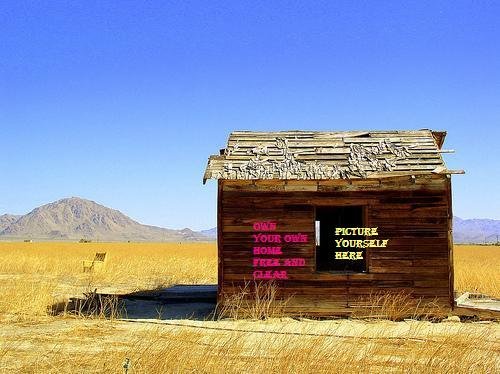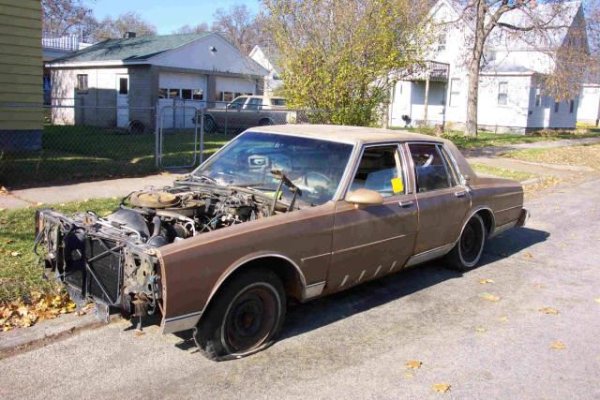ziggy29
Moderator Emeritus
IMO, the decision to get a pet is entirely discretionary. But once you have them, it becomes a responsibility and providing them with food and vet care become essentials just as they are for human members of the household.I put pets in discretionary because I know more than one person who said "Pets are essential", but when push came to shove, they gave up their pets in order to make the mortgage payment and to eat.
Nevertheless, as a pet owner myself, I understand where other pet owners are coming from.




